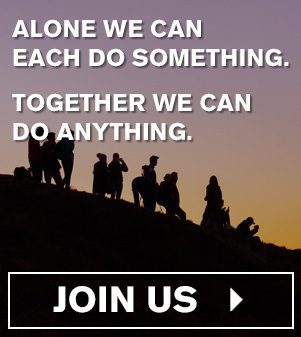OIA BOARD
EXECUTIVE COMMITTEE

ALISON HILL
LifeStraw, CEO
OIA Board Chair,
Membership Committee Member
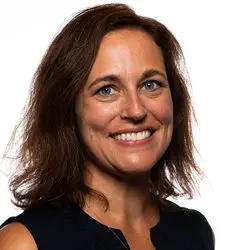
JENNIFER MCLAREN
Altra Brand President & GM of VF NORA Key Accounts
1st Vice Chair,
OIA Board Treasurer,
Audit & Finance Committee Chair
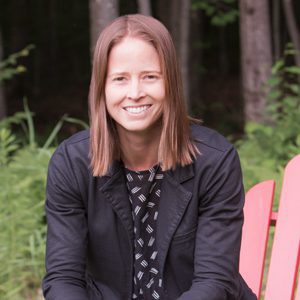
FRAZIER BLAIR
2nd Vice Chair,
OIA Board Secretary,
Nominating & Governance Committee Chair
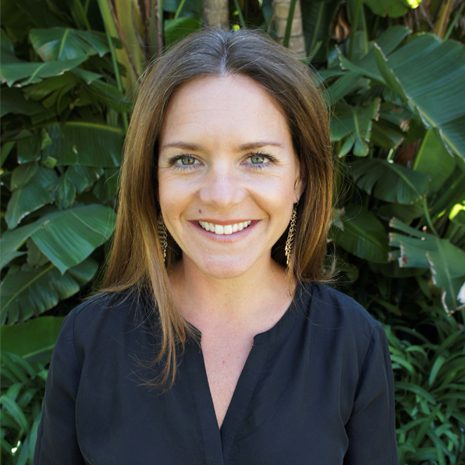
SARAH MATT
Toad&Co, VP of Sales & Marketing
Membership Committee Chair
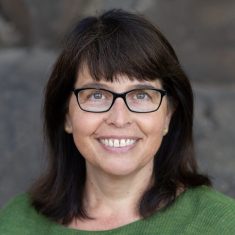
PHYLLIS GROVE
Industry Consultant
Strategic Initiatives Committee Chair
DIRECTORS
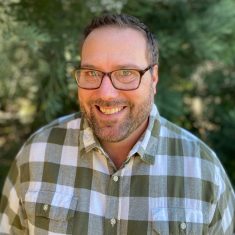
Keith Carrato
Audit & Finance Committee Member
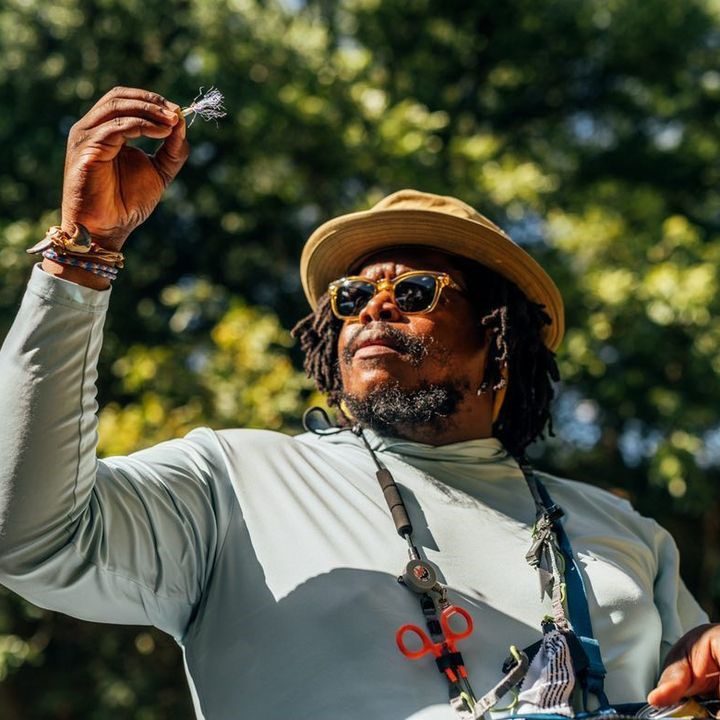
Jahmicah Dawes
Slim Pickins Outfitters, Owner and Founder
Membership Committee Member
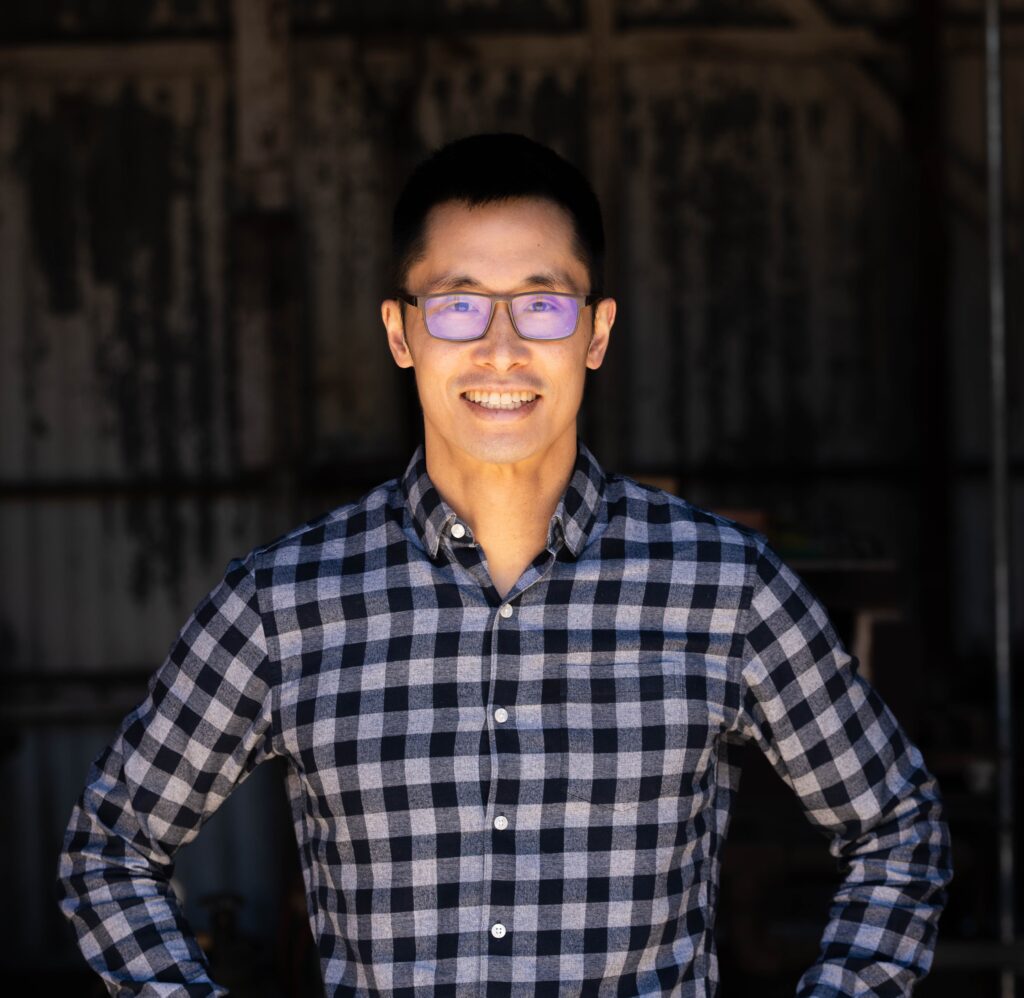
Jon Chong
Patagonia, Chief Technology Officer
Membership Committee Member
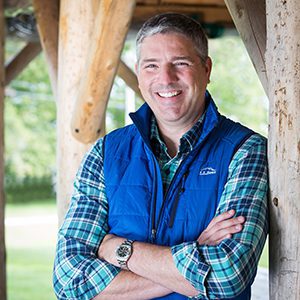
SHAWN GORMAN
L.L.Bean, Inc., Executive Chairman
Audit & Finance Committee Member
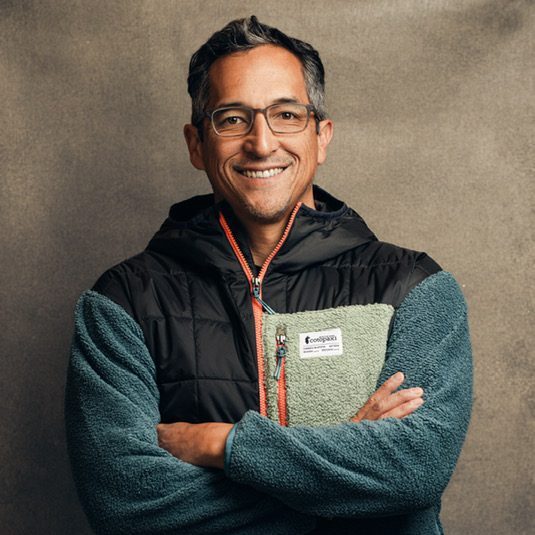
DAMIEN HUANG
Former CEO, Cotopaxi
Strategic Initiatives Committee Member
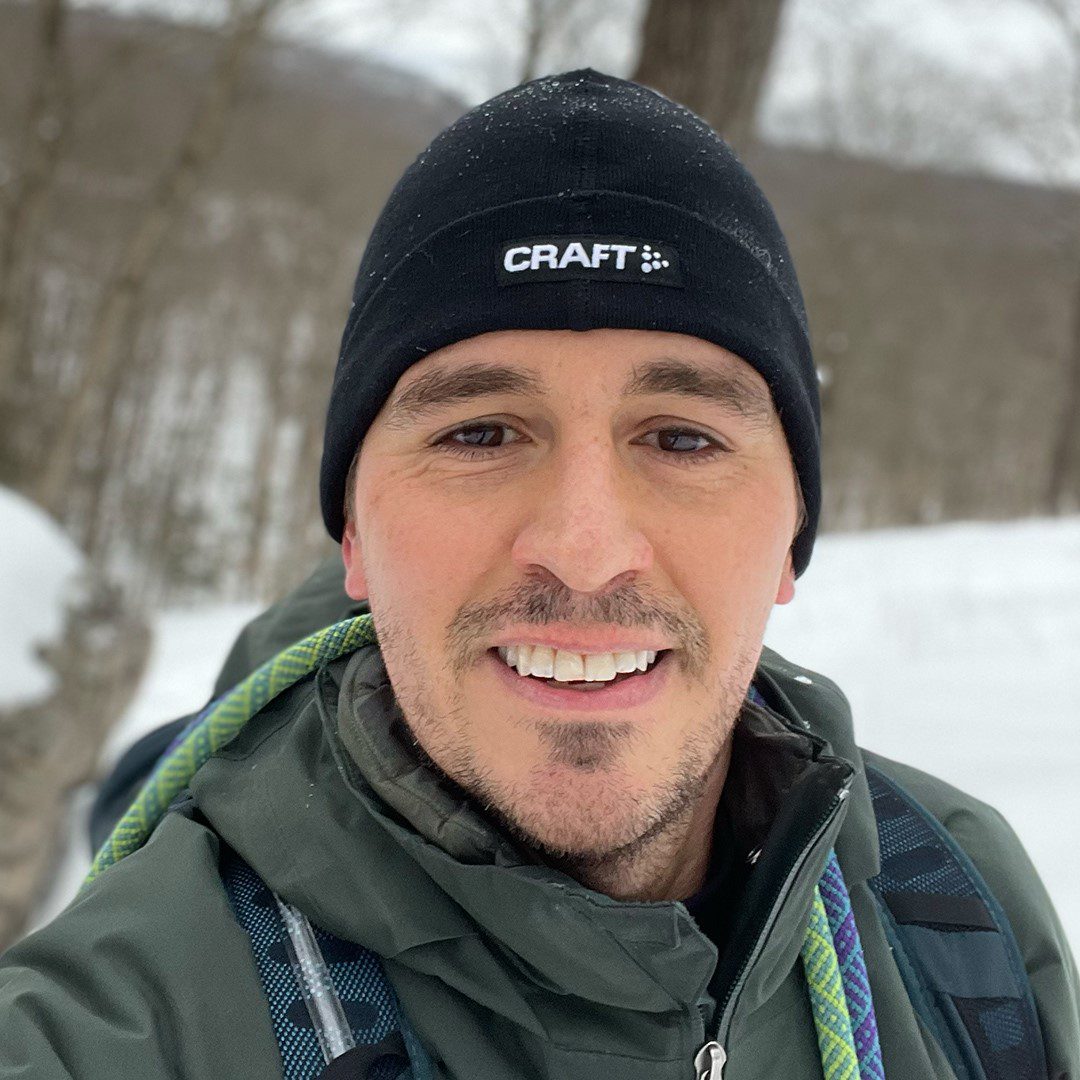
Jason Parkin
Compose[d], Founder, President, and CCO
Strategic Initiatives Committee Member
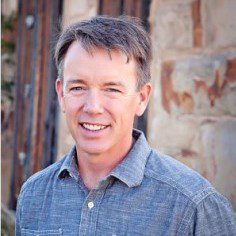
Keith Reis
Sanitas Sales Group, Founder & President
Nominating & Governance Committee Member
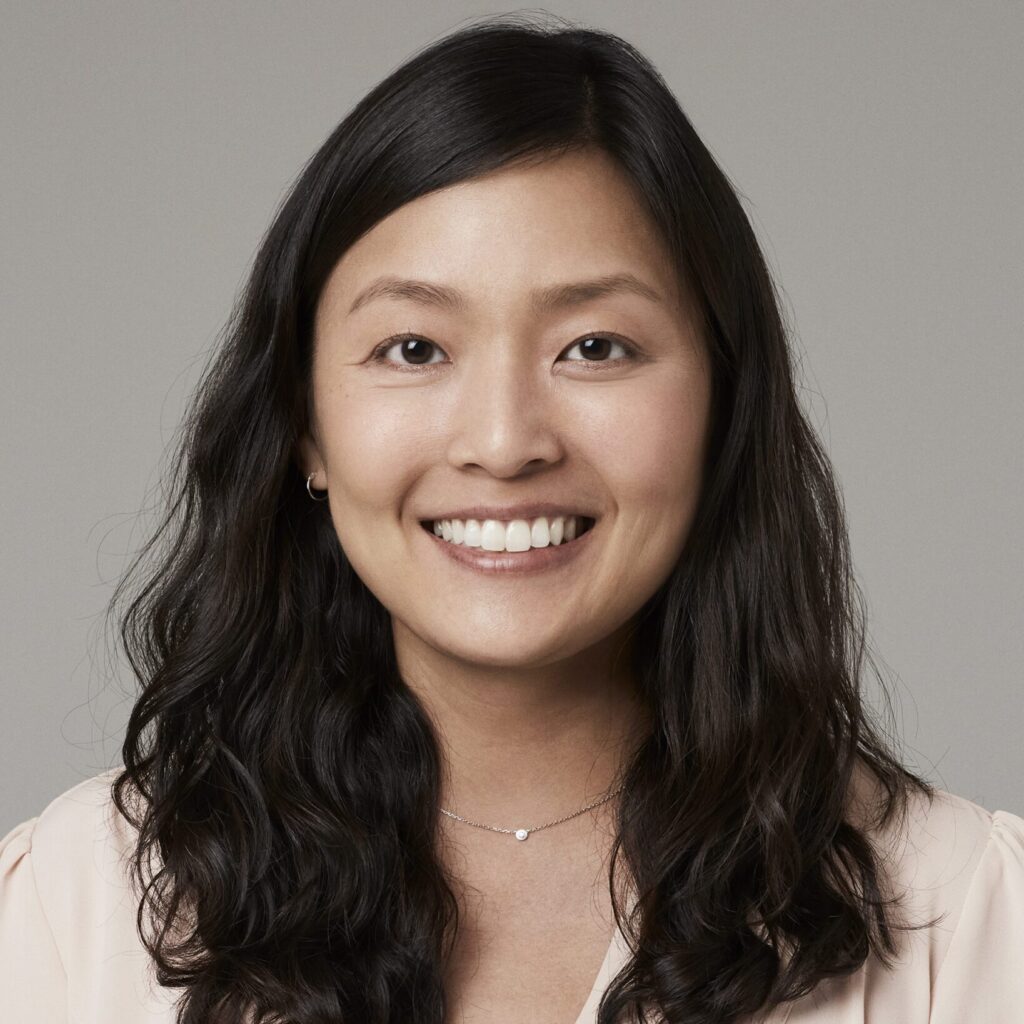
Diana Seung
Youngone Corporation, Senior Vice President
Nominating & Governance Committee Member
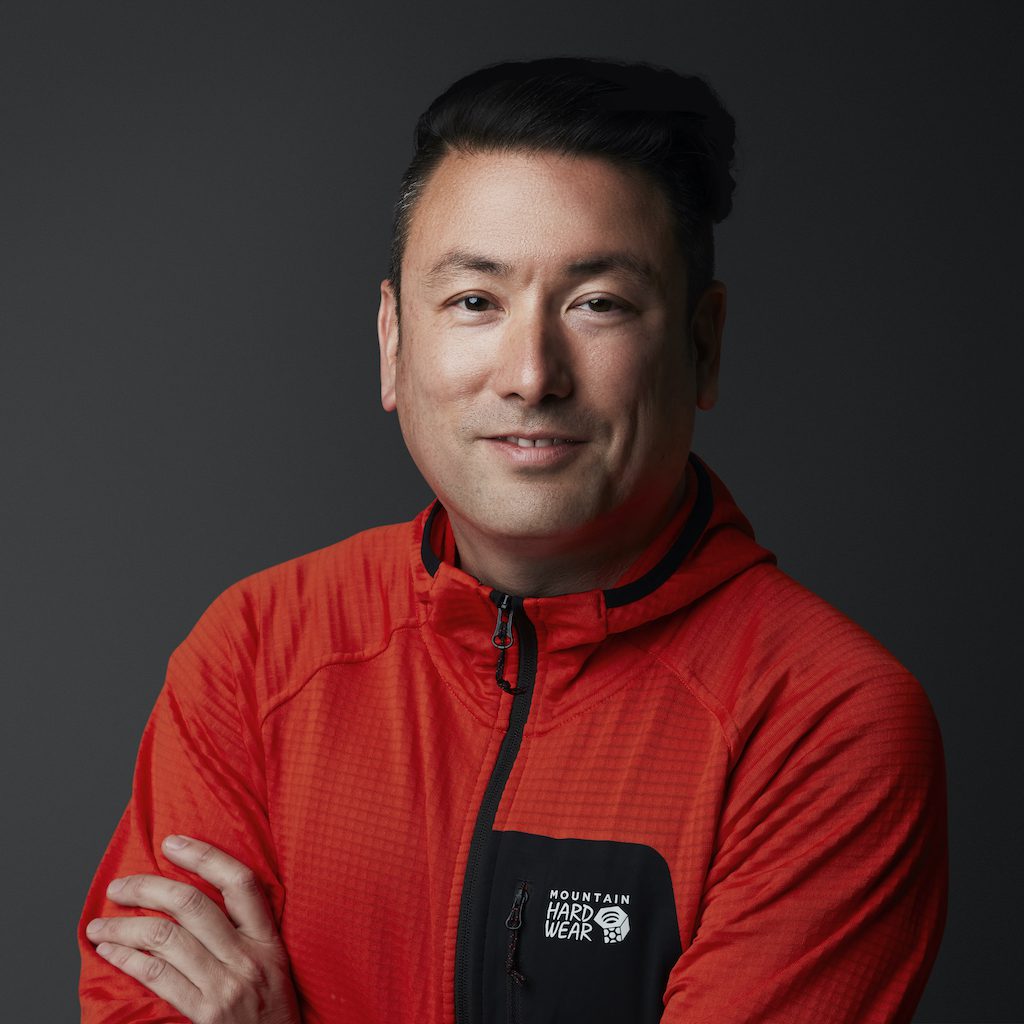
Troy Sicotte
Mountain Hardwear, President and Global General Manager
Strategic Initiatives Committee Member
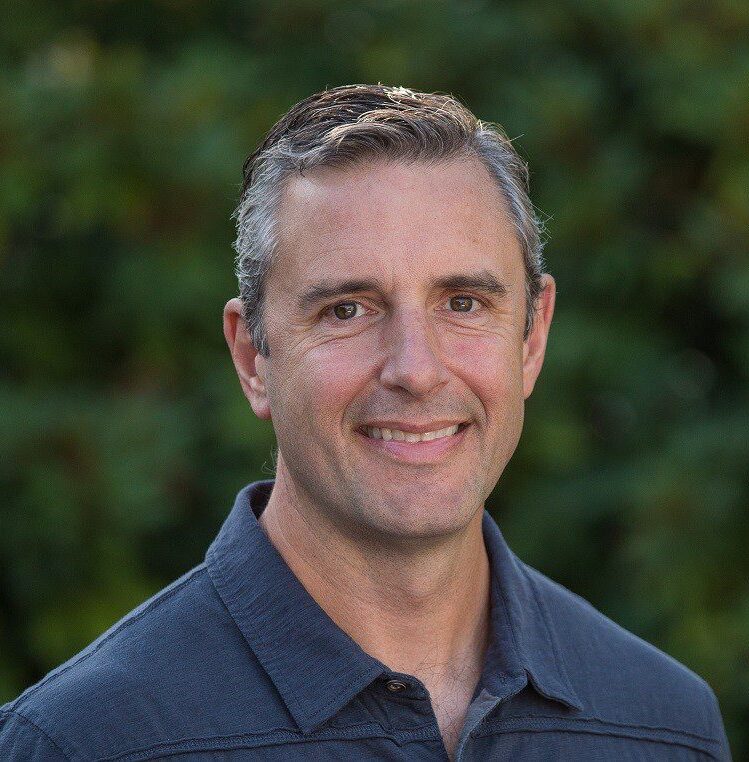
Jeff Tooze
Columbia, Vice President of Global Customs & Trade
Audit & Finance Committee Member
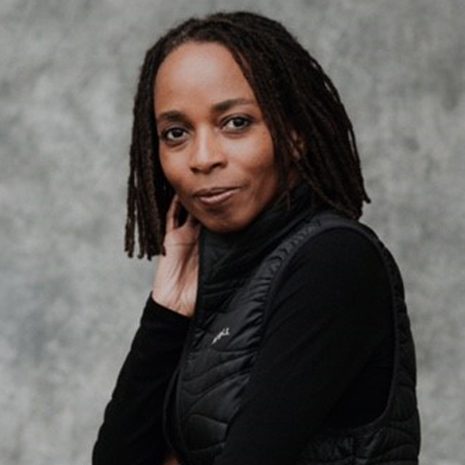
JANICE TENNANT
Merrell, Global Brand President
Strategic Initiatives Committee Member
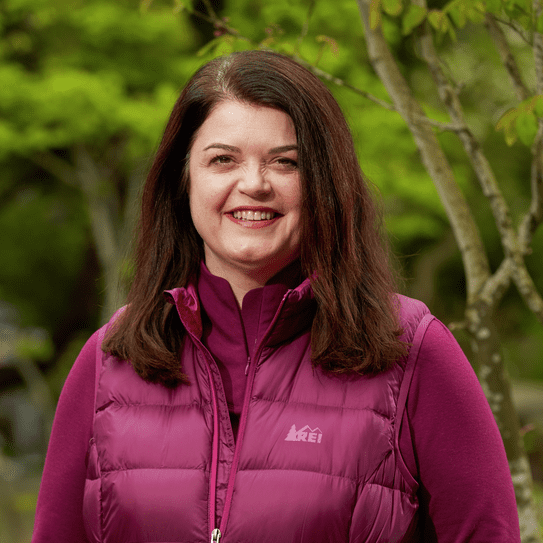
SUSAN VISCON
REI, VP & Executive Director, Path Ahead Ventures
Nominating & Governance Committee Member
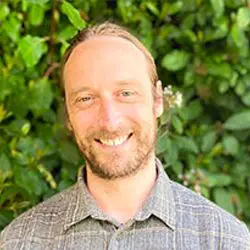
KEVIN WINKEL
Good Times Supply, Co-Founder
Membership Committee Member




